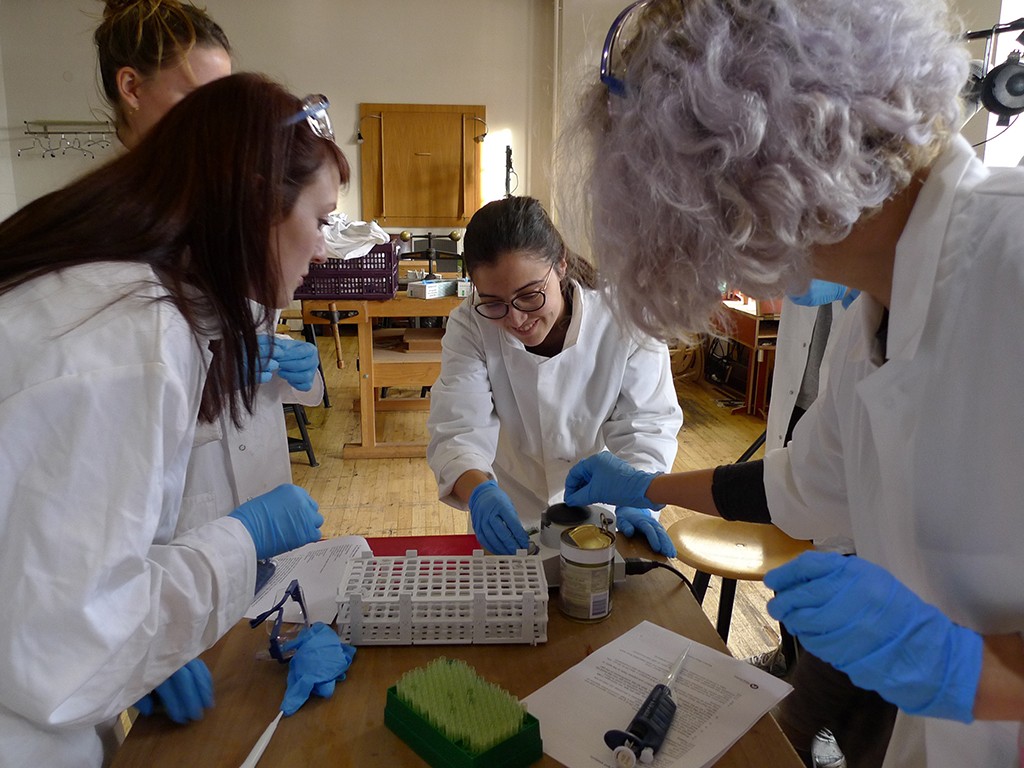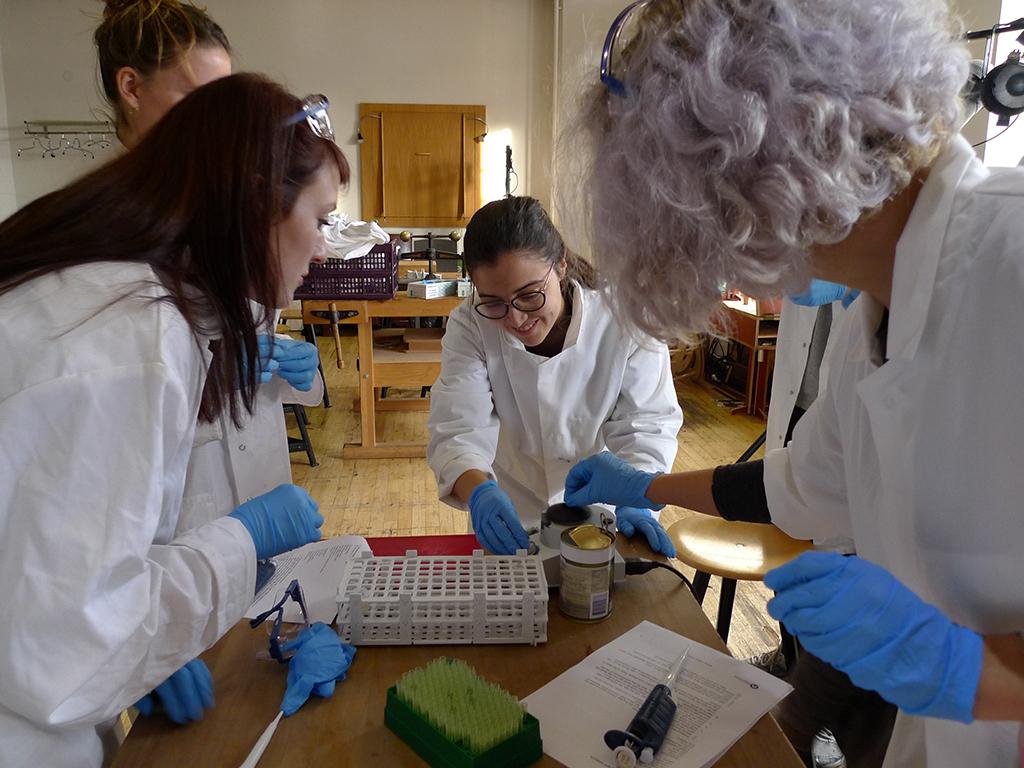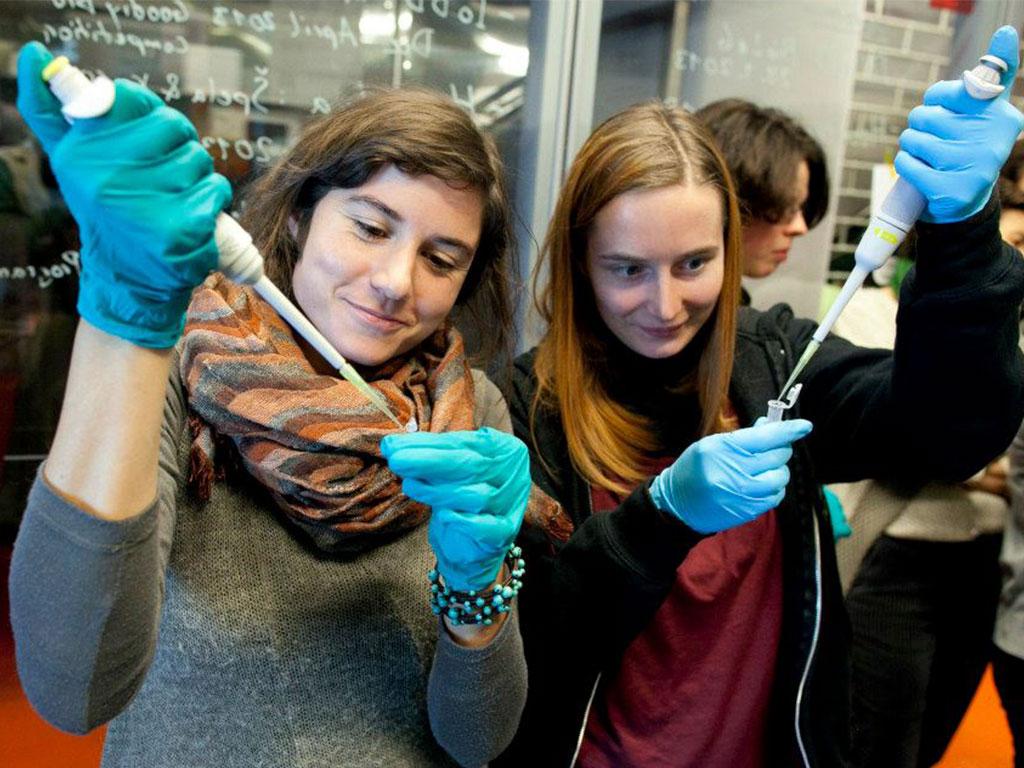
Free & Open Source Biotechnology
The rapid development of biotechnology, from genetic engineering, genomics, to synthetic biology and systems biology is often compared to the ICT revolution. The interdisciplinary approach between biotechnology, nanotechnology and information technology has enabled biotechnologists to design much more complex systems than in the past.
Therefore, a huge shift in dealing with (intellectual) property ownership is foreseen from traditional single active chemical compound to complex networks and compositions of many different parts.
In ICT this tragedy of the anti-commons has driven private parties to acquiring large portfolios of intellectual property rights, and forge partnerships through crosslicensing. These strategies however result in high barriers to entry for new players on the market. In response Free and Open Source Software (FOSS) movements have created an alternative open ecosystem of modules and parts.
In this Free & Open Source Biotechnology (FOSB) project we investigate to what extend the lessons-learned in ICT industry can be applied to biotechnology. Given that biological systems have both an analog (material) and digital (*-omics) nature and do not simply obtain protection through copyright whenever created.
FOSB researches whether legal innovations are necessary and/or desirable (Bio-Commons) and under what conditions a common repository of free and open biological modules (RWXBio), hardware or wetware, are beneficial to society.

